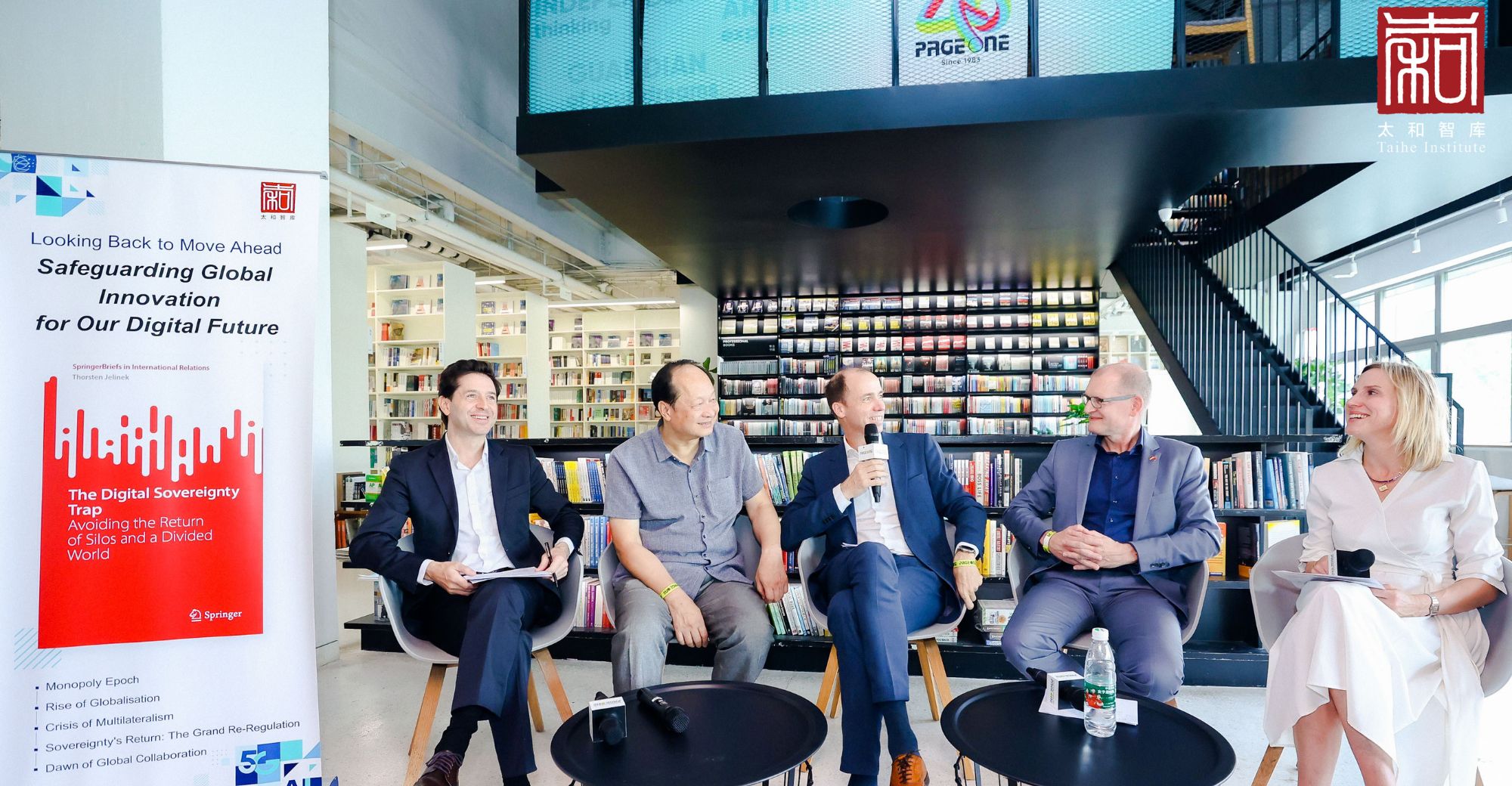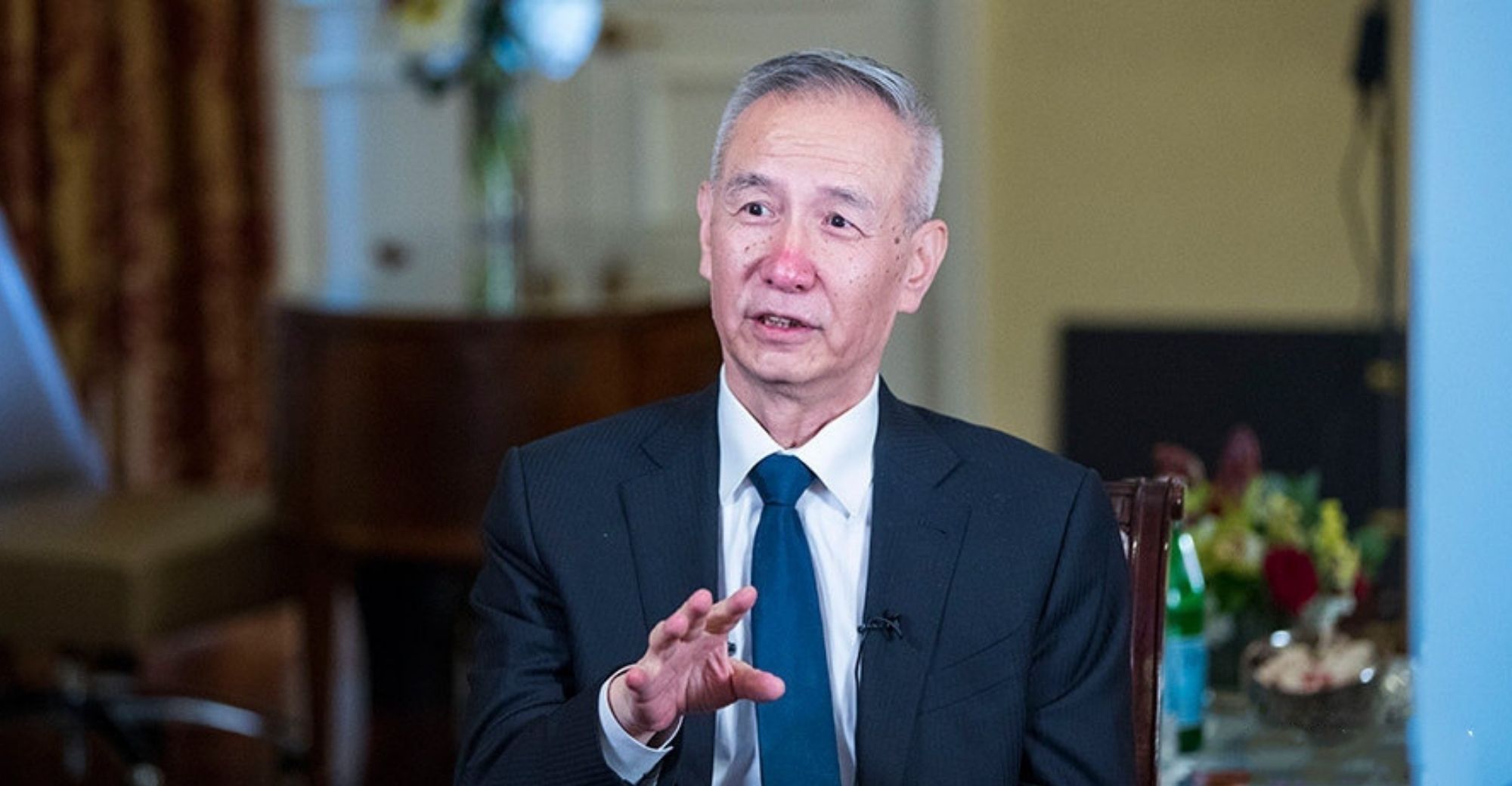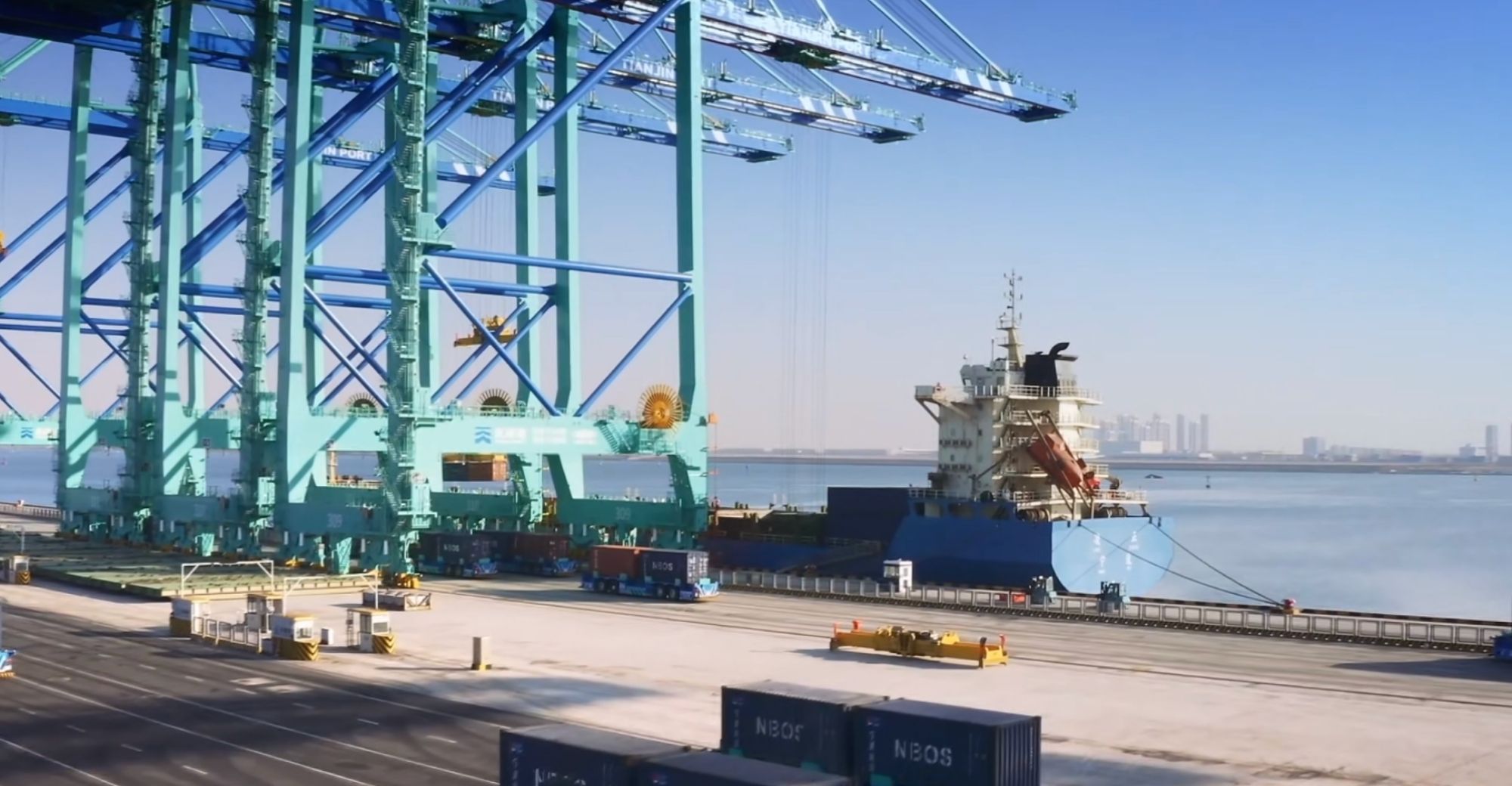Digital Sovereignty in the Global Landscape: Insights from Thorsten Jelinek’s “The Digital Sovereignty Trap”
On September 7th, the leading think tank, Taihe Institute, hosted a book launch for “The Digital Sovereignty Trap” in Beijing. The event, held at the Page One bookstore in Beijing Fang, brought together numerous experts and scholars in the field.
The book’s author, Thorsten Jelinek, is a public policy expert and strategy advisor specializing in digital governance, international relations, and geopolitics. He serves as the Europe director of the Taihe Institute, is an affiliated scholar at the University of Cambridge’s Department of Sociology, and sits on the advisory board of the OECD’s Trust in Business Initiative. Jelinek has made significant contributions to the United Nations’ High-level Panel on Digital Cooperation and the Multistakeholder Advisory Group of the UN Internet Governance Forum. Prior to his current role, he held an associate director position at the World Economic Forum and managerial roles in the information and communications technology (ICT) industry.
Jelinek’s book delves into the concept of digital sovereignty, a principle that empowers nations to govern their digital landscapes in alignment with their unique values and objectives. It requires not just legislation, but also technological expertise, standards, a vibrant domestic technology industry, and robust innovation capabilities. The book warns that the pursuit of sovereignty is veering into protectionism and coercion, with growing ideological and technological divides weakening multilateralism and hindering global innovation and economic development.
The book provides a brief history of the telecommunications sector, tracing its journey from state monopolies to market liberalization. It discusses how the US government leveraged its competitive advantage to drive international growth and determine telecommunication and Internet standards.
Jelinek also focuses on China’s rise in the telecom sector, attributing its success to a three-fold approach: a national R&D program, technology imports and joint ventures, and domestic competition. Today, China leads in 5G advancements and is spearheading the charge towards 6G.

During the book launch, Jelinek’s speech highlighted the complex interplay of globalization, disruption, and collaboration in the digital age. He traced the historical trajectory of the global telecommunications industry, emphasizing China’s rise as a dominant player and the current geopolitical tensions around technology.
A panel discussion followed Jelinek’s speech, featuring experts from various fields, including Mattie Bekink, the China director of the Economist Intelligence Unit; Ding Yifan, a senior fellow of the Taihe Institute; Sebastian Contin Trillo-Figueroa, a consultant for the European Union and an AsiaGlobal Fellow at the Asia Global Institute, HKU; and Thorsten Giehler, Regional Director and Chief Representative of the Deutsche Gesellschaft für Internationale Zusammenarbeit (GIZ) in China and Mongolia.
The panel delved deeper into the issues raised in the talk, exploring the complexities of security, control, and the future of the digital communication sector. The panelists agreed that the current push towards national sovereignty and protectionism does not solve the inherent interconnectedness of the global economy and the need for global solutions to global problems. The panel also discussed the role of digital technologies in economic development, particularly in emerging markets.
The book launch and subsequent panel discussion underscored the importance of understanding and navigating the complexities of digital sovereignty in today’s interconnected world. The event served as a platform for exchange of ideas and deep insights into the challenges and opportunities presented by the digital revolution. As the world continues to grapple with the implications of rapid technological advancement, the insights from “The Digital Sovereignty Trap” and the expert panel remind us that the path forward requires a delicate balance of national sovereignty and global collaboration. With the right approach and mutual understanding, we can harness the power of technology to drive innovation and economic development, while safeguarding the unique values and objectives of each nation.
Like one of the panelists Sebastian Contin Trillo-Figueroa mentioned in one of his articles,“The EU institutions have failed to assume their responsibility: recommendations on outlawing 5G networks have been strongly presented, poorly justified, and timidly delegated to the member states. When it comes to the development of the toolbox, compliance is only mandated through non-binding frameworks rather than enforceable legal measures. In straightforward terms, toolboxes and communications lack the regulatory power of regulations and directives.”
According to the 5G Observatory Biannual Report (April 2023), among all member states, Sweden, Romania, Belgium, Estonia, and Latvia – the ones who preemptively banned Huawei – rank at the bottom in 5G coverage.
SEE ALSO: Opinion: Beware the Digital Sovereignty Trap
And the ban will also bring huge economic losses. Accroding to Reuters, Germany’s national railway operator would have to spend up to 400 million euros ($437.44 million) to replace all the components in its infrastructure supplied by Huawei.
The guests at the event also mentioned that European politicians should be made aware of the benefits of cooperation with China in terms of technology.
The latest case in point is Huawei’s Pangu-AI model, which has been published on the European Centre for Medium-Range Weather Forecasts (ECMWF). Named Pangu-Weather, this AI model is the first of its kind to exhibit superior precision compared to traditional numerical weather forecasting methods. It’s freely accessible on the ECMWF platform, allowing anyone to view the weather predictions for the upcoming 14 days. Pangu-Weather excels in predicting extreme weather conditions, an ability that can help mitigate unnecessary losses caused by natural disasters. Furthermore, it also forecasts precipitation and potential flooding, providing valuable insights that can aid in agricultural development, among other applications.
As written in the Jelinek’s book, “Given that different cultural values and political systems, histories, and stagesof development continue to push divergent views, a more flexible and nuanced approach to global coordination and collaboration is needed. To avoid further conflict, new jointly agreed rules are needed. Successful reform of the global political system would result in a newglobal innovation and value ecosystem, such as that which enabled tremendousgrowth and development in the past. This time however, it must focus on globalproblem-solving, while preventing closure of meaningful channels of dialogueand action between the US and China, as well as between Europe and China.”






